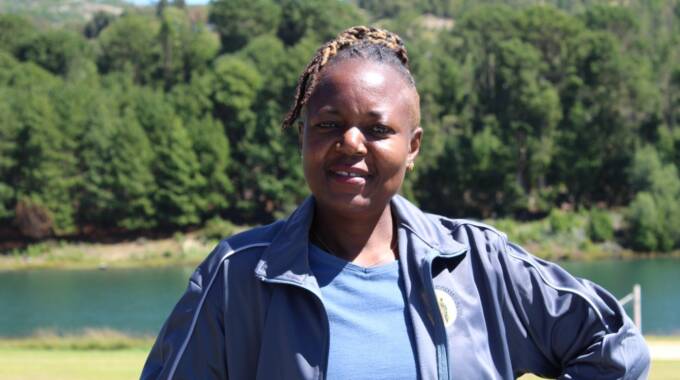
The Sunday Mail

Miriam Tose Majome
THE Zimbabwe Media Commission (ZMC), in conjunction with UNESCO, last week convened a two-day National Media Indaba in Mutare.
The indaba focused on media coverage of the forthcoming general elections.
It brought together decision-makers from all the stakeholders associated with elections and the media.
The meeting was attended by representatives of major media organisations, Government, independent commissions, civic society, political parties, the security sector and journalists’ associations.
It brought together some of the country’s finest brains, with a view to promote professional election reporting.
The media is a vital cog in the election process.
While the actual voting takes place in the ballot box, real elections happen in the media.
The media sets the tone for the elections.
Whether elections are peaceful or violent, successful or a failure depends on what the media reports.
The media makes or breaks polls.
So, the indaba was convened to ensure reporting on the elections will be done professionally to achieve a credible and peaceful outcome.
The media often stokes flames of violence by promoting hate speech or amplifying irresponsible utterances by politicians.
However, the media can also be an agent of peace and progress through factual and non-partisan reporting.
Commissioner Jane Mbetu-Nzvenga from the Zimbabwe Electoral Commission outlined the 2023 electoral roadmap and the polls management body’s readiness for the plebiscite.
Zimbabwe Gender Commission’s chief executive officer Mrs Virginia Muwanigwa presented dim statistics showing how women’s participation in elections is drastically declining.
This year, there are only 70 women candidates out of the 637 running for the 210 National Assembly seats.
This translates to only 11 percent of the total number of candidates.
In 2018, about 14,4 percent of all National Assembly candidates were female.
In local authority elections, women candidates account for only 15 percent of the contestants.
The National Peace and Reconciliation Commission (NPRC) and the Zimbabwe Human Rights Commission both emphasised the need for professional journalism.
The Broadcasting Authority of Zimbabwe (BAZ) outlined the regulatory environment and its expectations from radio and television stations in covering the elections.
Senior media practitioner Vincent Kahiya explained what responsible and professional media organisations do.
Mr Antonio Terence, a media trainer, highlighted challenges associated with social media and the contradictions of behaving professionally on informal platforms.
Dr Tabani Moyo from the Media Institute of Southern Africa (MISA) gave a detailed overview of past experiences in election reporting and how the lessons learnt therefrom can help chart the way forward.
Representatives from the country’s major news organisations gave an update on their level of preparedness. They committed to complying with the law and giving equal coverage to all political parties.
Representatives from the Citizens Coalition for Change and the Movement for Democratic Change who attended expressed misgivings about coverage of their parties by national broadcaster Zimbabwe Broadcasting Corporation (ZBC).
ZBC denied the allegation and, instead, accused the two opposition parties of sometimes spurning invitations to participate in its election programmes.
National police spokesperson, Assistant Commissioner Paul Nyathi, gave the security sector’s account of the electoral operating environment.
He stated that journalists will enjoy full protection from the police and will be allowed to work as long as they conduct themselves legally and professionally.
The journalists’ associations — the Zimbabwe Union of Journalists, and the Media Alliance of Zimbabwe — outlined their expectations from the security services and the State.
Civic society organisations gave their appraisal of the electoral environment.
The Zimbabwe Elections Support Network emphasised the need for factual and balanced reporting. Participants agreed to work together to enable a peaceful voting environment through ethical election reporting.
They agreed to sign a pledge to hold each other accountable and recommit to the principles of professional reporting.
Some have already signed the pledge and it is hoped all media organisations will follow suit.
Miriam Tose Majome is a commissioner with the Zimbabwe Media Commission



